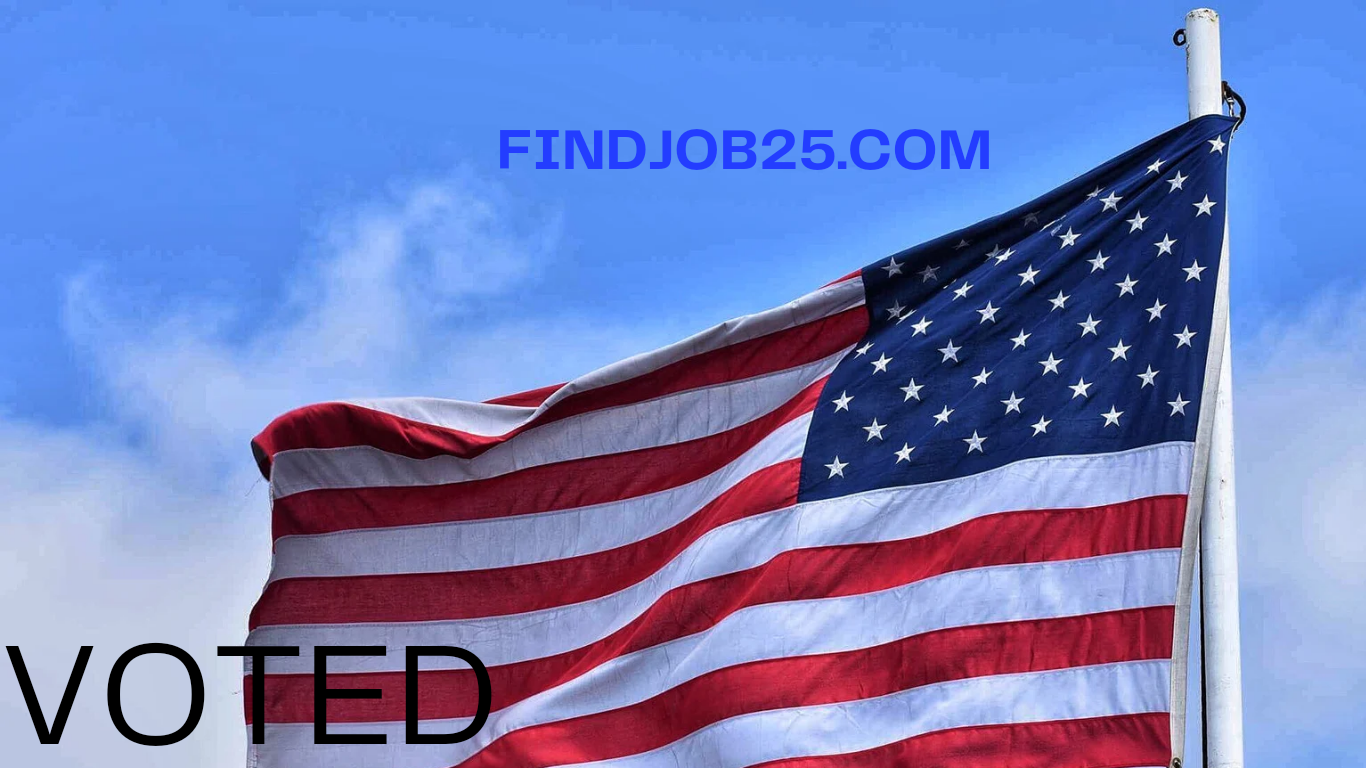Introduction to Trump’s Key Appointments
President Donald Trump’s administration was marked by a distinctive approach to filling key positions, which played a critical role in shaping U.S. policy and governance style. From the outset, Trump prioritized a method characterized by a blend of loyalty, political alignment, and relevant experience when selecting individuals for prominent roles. This strategy not only reflected Trump’s personality but also aimed to consolidate his political influence throughout the federal government.
Loyalty was perhaps the foremost criterion in Trump’s selection process. The administration’s environment was often portrayed as highly transactional, where trust and personal allegiance were viewed as essential traits in appointees. Many individuals appointed to significant roles had previously demonstrated their support for Trump, particularly during the contentious campaign periods leading up to his presidency. This approach fostered a close-knit government structure but also raised concerns about potential conflicts of interest and a lack of diverse perspectives.
The experience of appointees was another crucial factor that Trump considered. Many of those selected for cabinet positions and advisory roles came from business backgrounds or held previous political office, reflecting Trump’s belief in a reliable, results-oriented approach to governance. This inclination towards individuals possessing practical experience was intended to drive efficiency; however, it often resulted in critiques regarding their ability to navigate the complexities of government operations.
Furthermore, alignment with Trump’s political agenda significantly influenced his appointments. Many key positions were filled by those who shared his vision for America, particularly in areas related to immigration, trade, and foreign relations. This alignment reinforced a cohesive policy direction that aimed to implement Trump’s agenda effectively. Overall, these appointments not only defined the operational mechanics of Trump’s presidency but also had lasting implications on the political landscape of the United States.
High-Profile Appointments: Who’s Who in Trump’s Administration
During Donald Trump’s presidency, a number of significant high-profile appointments were made across various key positions within the administration. The selection process was often characterized by a willingness to prioritize loyalty and alignment with Trump’s overarching agenda. Among the notable appointees was Rex Tillerson, a former CEO of ExxonMobil, who served as Secretary of State. His extensive background in the energy sector and global business acumen were seen as assets for navigating complex international relations. However, Tillerson’s tenure was marked by turbulent interactions with other officials and a focus on deregulation, which occasionally diverged from traditional diplomatic approaches.
Another high-profile figure was Stephen Mnuchin, whom Trump appointed as Secretary of the Treasury. Mnuchin, a former Goldman Sachs executive, played a critical role in formulating the economic policies of the administration. His advocacy for tax reform culminated in the passage of the Tax Cuts and Jobs Act of 2017, reflecting his influence on Trump’s economic strategy. Furthermore, Mnuchin’s tight-knit relationship with Trump facilitated cohesion on financial issues, although critics questioned the long-term implications of the administration’s tax policies.
Additionally, the appointment of Nikki Haley as the Ambassador to the United Nations underscored Trump’s commitment to an assertive foreign policy. Haley, the former Governor of South Carolina, brought a fresh perspective and was noted for her strong stance on Israel and skepticism towards multilateral agreements. Her role demonstrated the administration’s shift towards prioritizing national interests and a preference for bilateral negotiations over traditional alliances.
These appointments, among others, illustrate how Trump’s administration sought to reshape both domestic and foreign policy landscapes through the selection of individuals aligned with his vision. The resulting dynamics within the administration fostered a distinctive approach to governance, often stirring considerable debate on the implications for U.S. policies moving forward.
Controversies and Challenges Faced During the Appointment Process
The appointment process during Trump’s administration was marked by significant controversies and challenges that often attracted widespread public attention and debate. One of the most notable aspects was the intense public backlash associated with several key appointments. Figures such as Scott Pruitt, who was appointed to head the Environmental Protection Agency, faced immediate scrutiny due to his previous ties to industries he was meant to regulate, leading to accusations of conflict of interest. Protests erupted, reflecting broader concerns about the implications of his leadership for environmental policy. Similarly, the nomination of Betsy DeVos for Secretary of Education faced major opposition, particularly from educators and public school advocates, who were concerned about her support for school vouchers and charter schools.
Senate confirmation hearings further exemplified the contentious nature of Trump’s appointments. Debates often exposed deep divisions within both political parties, with some Republican senators voicing their discomfort over certain nominees. For instance, the hearing for Jeff Sessions, Trump’s nomination for Attorney General, highlighted concerns regarding his past comments on race and civil rights, resulting in a divisive atmosphere during the confirmation process. Such instances often escalated tensions, revealing the cracks within the Republican Party itself regarding Trump’s choice of key officials.
Additionally, the administration faced challenges from within, prompting several high-profile resignations and firings. The tumultuous nature of these appointments created an environment rife with internal conflicts, which some speculate contributed to the eventual ousting of officials such as Rex Tillerson, the former Secretary of State, and John Bolton, the National Security Advisor. Their dismissals highlighted the frailty of alliances within the administration and underscored the challenges posed by differing ideologies and approaches among Trump’s closest advisors. These controversies not only shaped public perception of the administration but also played a crucial role in influencing its operational dynamics.
Implications of Trump’s Appointments on Future Policy Directions
The appointments made during Trump’s administration carry substantial weight in shaping the future of U.S. policy and governance. A fundamental aspect to consider is how these appointments may affect legislative priorities. With key figures placed in strategic positions, there exists a possibility of advancing a conservative legislative agenda, emphasizing deregulation, tax cuts, and a strict immigration framework. The alignment of cabinet members with Trump’s vision suggests a likelihood for aggressive policy initiatives aimed at reshaping governmental functions and responsibilities.
In addition to domestic policy shifts, Trump’s appointments are poised to impact judicial appointments significantly. The Supreme Court and lower federal courts, under the influence of appointees aligned with Trump’s ideology, may begin to interpret laws in a manner that reflects a conservative viewpoint. This shift could lead to landmark decisions that influence a wide array of issues, from reproductive rights to gun control and healthcare policies. The judiciary’s role in sustaining or overturning previous legislative measures will create a ripple effect across federal and state levels, possibly altering the trajectory of American law for generations.
International relations also stand to be profoundly affected by the cadre of appointments under Trump’s administration. With individuals experienced in business and less traditional diplomatic backgrounds, the approach to foreign policy may lean more towards transactional engagements rather than multilateral cooperation. This could lead to a redefinition of alliances and treaties, permitting unilateral actions that may change the landscape of global politics. Concerning party politics, the appointments might solidify a more polarized environment, compelling Democratic opposition to unify against perceived adversarial policies. As public perception evolves, the effectiveness and longevity of Trump’s cabinet will face scrutiny, influencing voter sentiment in subsequent elections.
As Tuqaa Bufadha CDD











